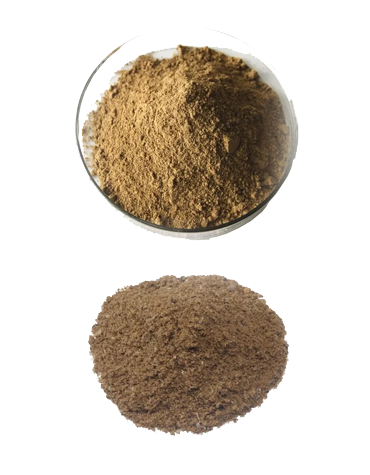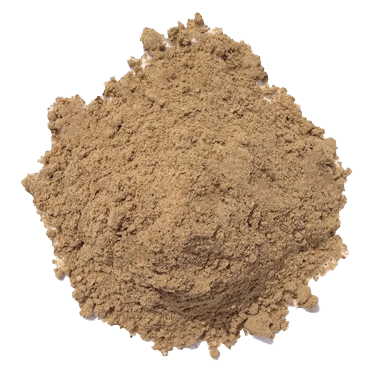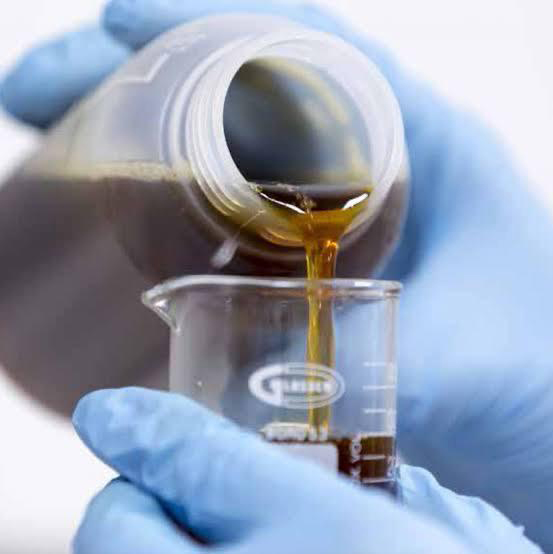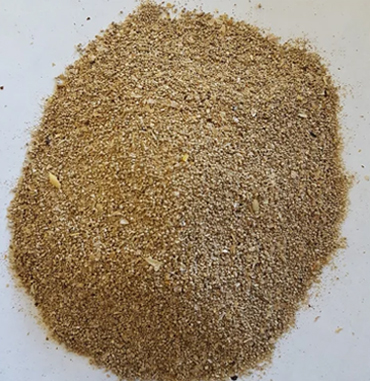Sterilized fish meal is a highly nutritious and versatile ingredient that is widely used in animal feed, aquaculture, and pet food. Here are some of the benefits of using sterilized fish meal:
- High in protein: Sterilized fish meal is a rich source of protein, containing up to 60-75% protein by weight. This makes it an excellent ingredient for feeding animals that require high levels of protein, such as fish, poultry, and swine.
- Rich in essential amino acids: Fish meal is also a source of essential amino acids, including lysine, methionine, and histidine, which are vital for the growth and development of animals.
- Contains omega-3 fatty acids: Fish meal is a good source of omega-3 fatty acids, which have numerous health benefits for animals. Omega-3s are essential for the development of the brain, nervous system, and eyes, and they can also improve immune function and reduce inflammation.
- Easy to digest: Sterilized fish meal is highly digestible, meaning that animals can efficiently absorb and utilize the nutrients it contains. This can lead to improved growth rates, better feed conversion ratios, and reduced waste.
- Low in anti-nutritional factors: Unlike some other protein sources, such as soybean meal, fish meal is naturally low in anti-nutritional factors, such as trypsin inhibitors, which can interfere with digestion and nutrient absorption.
- Sustainable: Fish meal is a byproduct of the fish processing industry, meaning that it makes use of a resource that would otherwise go to waste. By using fish meal in animal feed, we can reduce waste and make more efficient use of our natural resources.
Overall, sterilized fish meal is a highly nutritious, easy-to-digest, and sustainable ingredient that can provide numerous benefits for animals and the environment.








